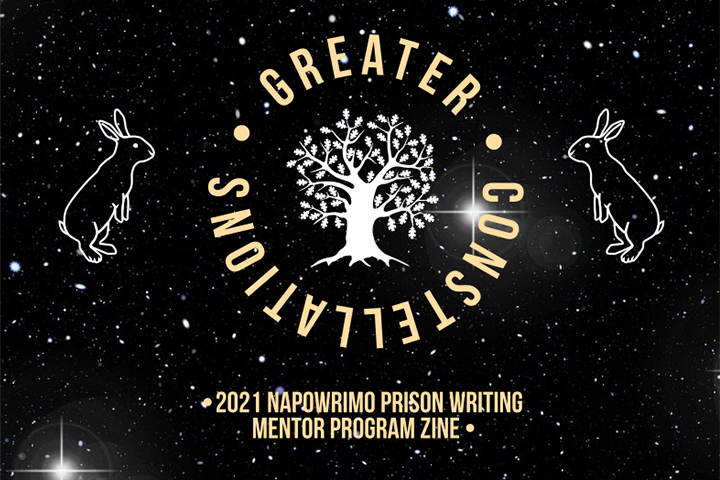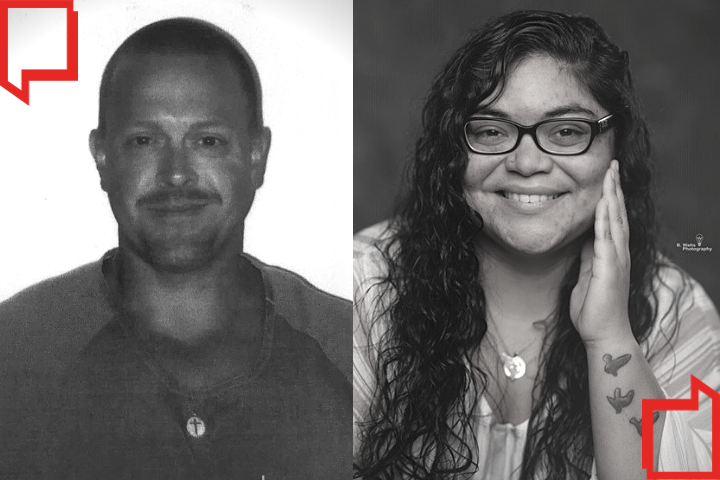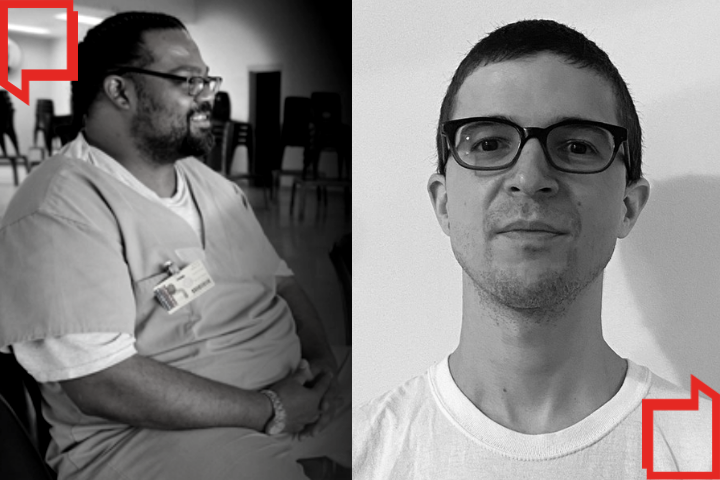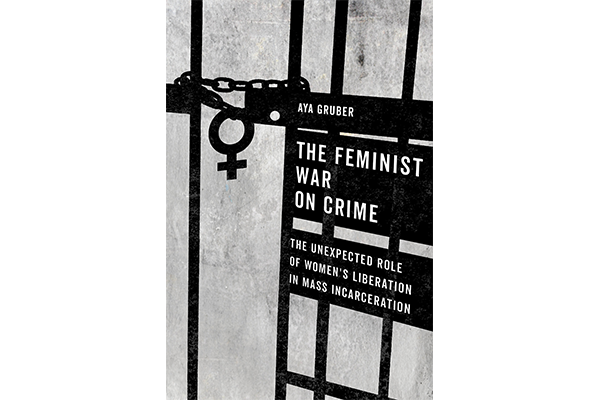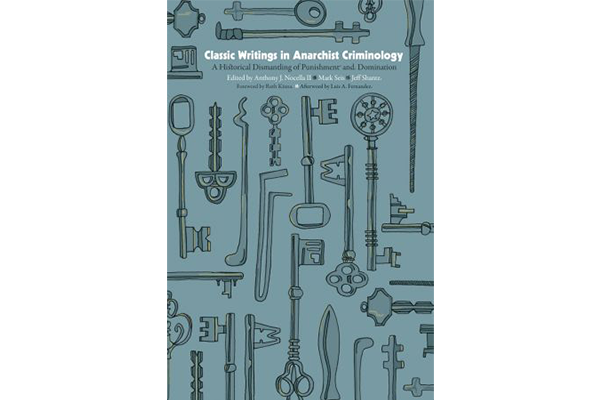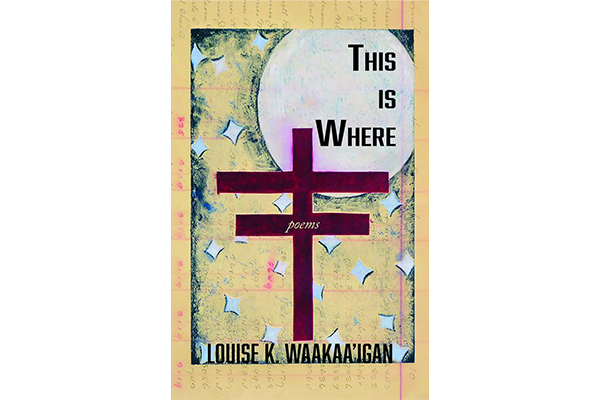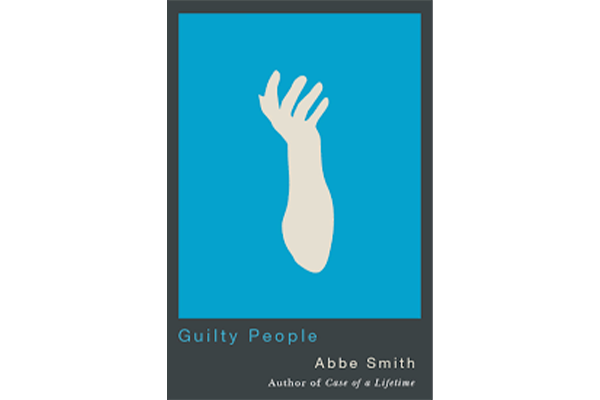Black screen as voice over as women sit in chairs.
Black background.
Yellow shirts.
Black Women of all hues.
That is the opening stage cue.
We are in a Zoom rehearsal, and I am observing Mahogany as she gives gentle notes and praise to three actors exhausted by the emotion of their performance. By the end of the reading I’m rapt. All appear to be gently crying.
How are you feeling, Mahogany asks the room.
She is inquiring about the emotional toll of the choreopoem these three women have read with spirit and grit—after all, as Mahogany knows, embodying these words are not easy. They are not fictional, they are not invented. They are true stories of Black women under community supervision—parole, probation, home monitoring: “reforms” that are often touted as an alternative to incarceration . Not only stories, but direct quotes, repurposed and woven together to create both an intimate and expansive depiction of living under state watch.
The women in Mahogany’s piece are anonymous portraits, and though the speakers use the “I” pronoun, the effect creates an every-story, a form of choral “we” This is an ambitious vision, providing both an intimate window into the specific details of justice-impacted women—pipelined through foster care, abused at the hands of loved ones, violated for technicalities, pressure under the threat of returning to prison—while also bringing the vast numbers into sharp relief. According to the Pew Center, the number of women under supervision has nearly doubled from 520,000 in 1990 to more than 1 million at the end of 2016. As a result, women accounted for one-quarter of the probation population and 1 in 8 parolees by 2016.
And on June 13th, in the Lincoln Center Atrium, these actors will bring their harrowing and hopeful performances to the screen. In the tradition of Ntozake Shange, Mahogany Browne’s choreopoem Quilted Steel is a literary event that brings the critical voices of system-impacted Black women to the forefront. Braided from the real-life source material of PEN America 2018 Writing For Justice Fellow Priscilla A. Ocen’s interviews, this powerful choral performance poem centers the pain, lives and dreams of formerly incarcerated women in the form of a short film.
The project itself was born from the Art For Justice network—a critical fund founded by art collector and social justice philanthropist Agnes Gund to disrupt mass incarceration by funding artists and advocates working together to reform our criminal justice system. “In other words,” the website states, they are a “decarceration fund.” When Mahogany, an Art For Justice Bearing Witness Fellow and longtime friend, called me asking if there might be a natural inroad in collaborating with PEN America’s Prison and Justice Writing program—also a recipient of Art For Justice funding—an idea jumped immediately to mind: create an original series of performance-based, advocacy-oriented writing that utilizes Priscilla Ocen’s vision, framework, and research as primary source material—a vision that Priscilla had dreamed of as a secondary output in her Fellowship proposal.
Priscilla’s awarded project was a journalistic series seeking to “expose cash-strapped state and local government reliance on probation and parole as promising antidotes to the crisis of mass incarceration. For the nearly 1 million women who are subject to these forms of supervision, the embrace of non-custodial punishment is a false promise, one that merely trades one form of unfreedom for another.” Priscilla’s work highlights the ways in which the turn toward community supervision extends, rather than limits, state regulation over the lives of system-involved women of color. In December 2019, Priscilla’s first essay of the project, Awakening to a Mass Supervision Crisis, was published in The Atlantic.
Leaping from Priscilla’s groundwork, Mahogany brings an embodied and story-based approach to humanizing the survivors of the criminal legal system by documenting, and publically confronting, how Black women are harmed by such “reforms.” And while this call to bear witness is an important one, it is often the case that creative experiences leave the audience wanting to take action without a direct path to contribution. Anchored in the ethics that we are stronger when art and advocacy intertwine, we’ve partnered with Essie Justice Group, a Los Angeles-based nonprofit organization of women with incarcerated loved ones taking on the rampant injustices created by mass incarceration. Among their roster of initiatives, Essie’s work to end money bail includes an annual Black Mama’s Bail Out initiative, which Essie describes as:
Black Mama’s Bail Outs: Community Care Blueprint in Action
Every Mother’s Day since 2017, Essie Justice Group has been on the frontlines of bailouts in partnership with National Bail Out to free Black Mamas in California and welcome them into Essie’s Sisterhood—a loving and powerful community of women with incarcerated loved ones. This year was no different. We always come for ours! Over the last five years, Essie has paid over $1.9 million to buy back the freedom of Black Mamas. 1 in 4 women, and 1 in 2 Black women, have an incarcerated loved one. In the absence of substantial care systems in communities, Essie Sisters and other women with incarcerated loved ones across the country continue to act as the care, support, and reentry system all on their own. At Essie, that looks like connecting our Black Mamas to our loving and comprehensive network of support including housing, food, therapy, clothing, court support, transportation, child reunification, and community. Women with incarcerated loved ones are the blueprint for what care first, jails never, looks like!
In lieu of purchasing a ticket, viewers of Quilted Steel, both those in-person and those who tune in online, are encouraged to donate to Essie’s critical work . Quilted Steel’s opening night will host a premiere of the film, followed by a panel moderated by PEN America Prison and Justice Writing Deputy Director Nicole Shawan Junior. Funds raised from the event will fully support Essie Justice Group’s Black Mama’s Bail Out movement.
To preview more of Quilted Steel’s backstory, listen to the Works of Justice podcast conversation where Mahogany and I engaged about the emotional toll of the such heart-work and how to hold oneself through a laborious creative process, and the ethics and care necessary to create art from real people’s lived trauma.
Quilted Steel: A Choreopoem by Mahogany L. Browne premieres Monday, June 13, 2022 at 8:00 pm – 9:30 pm ET at the Lincoln Center Atrium (61 W 62nd St, New York, NY 10023). Register for free here.
Caits Meissner is director of Prison and Justice Writing at PEN America, where she edited The Sentences That Create Us: Crafting A Writer’s Life in Prison (Haymarket Books, January 2022), of which the Mellon Foundation funded 75,000 copies to reach readers in United States prisons free of charge. She has taught, consulted, and co-created extensively for over 15 years across a wide spectrum of communities with a focus on prisons, public schools, and college classrooms at The New School and The City College of New York. In 2017, Meissner reenvisioned the concept of the book tour for her illustrated poetry collection Let It Die Hungry, pairing public speaking engagements with opportunities to work with incarcerated writers across the United States.


